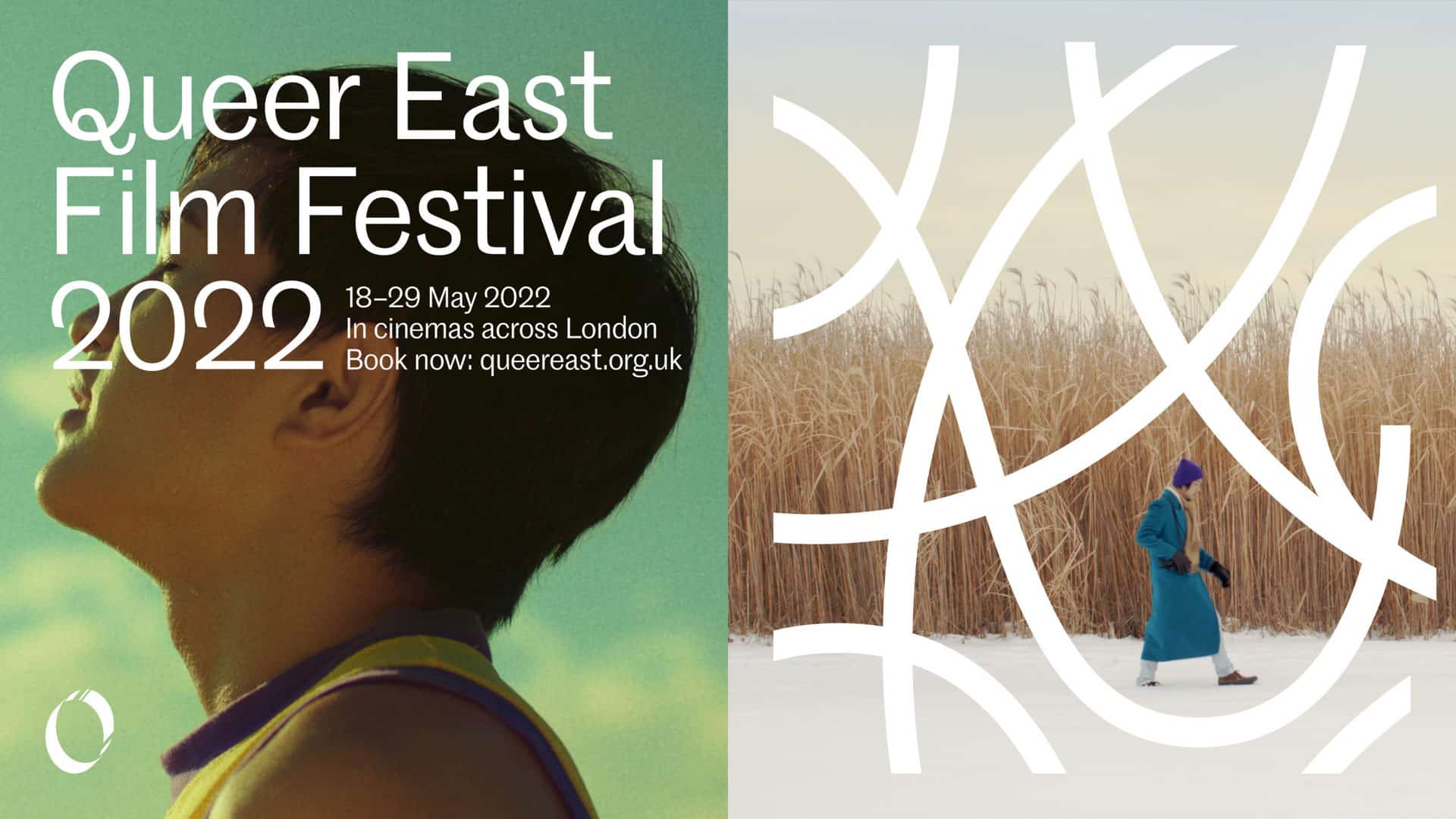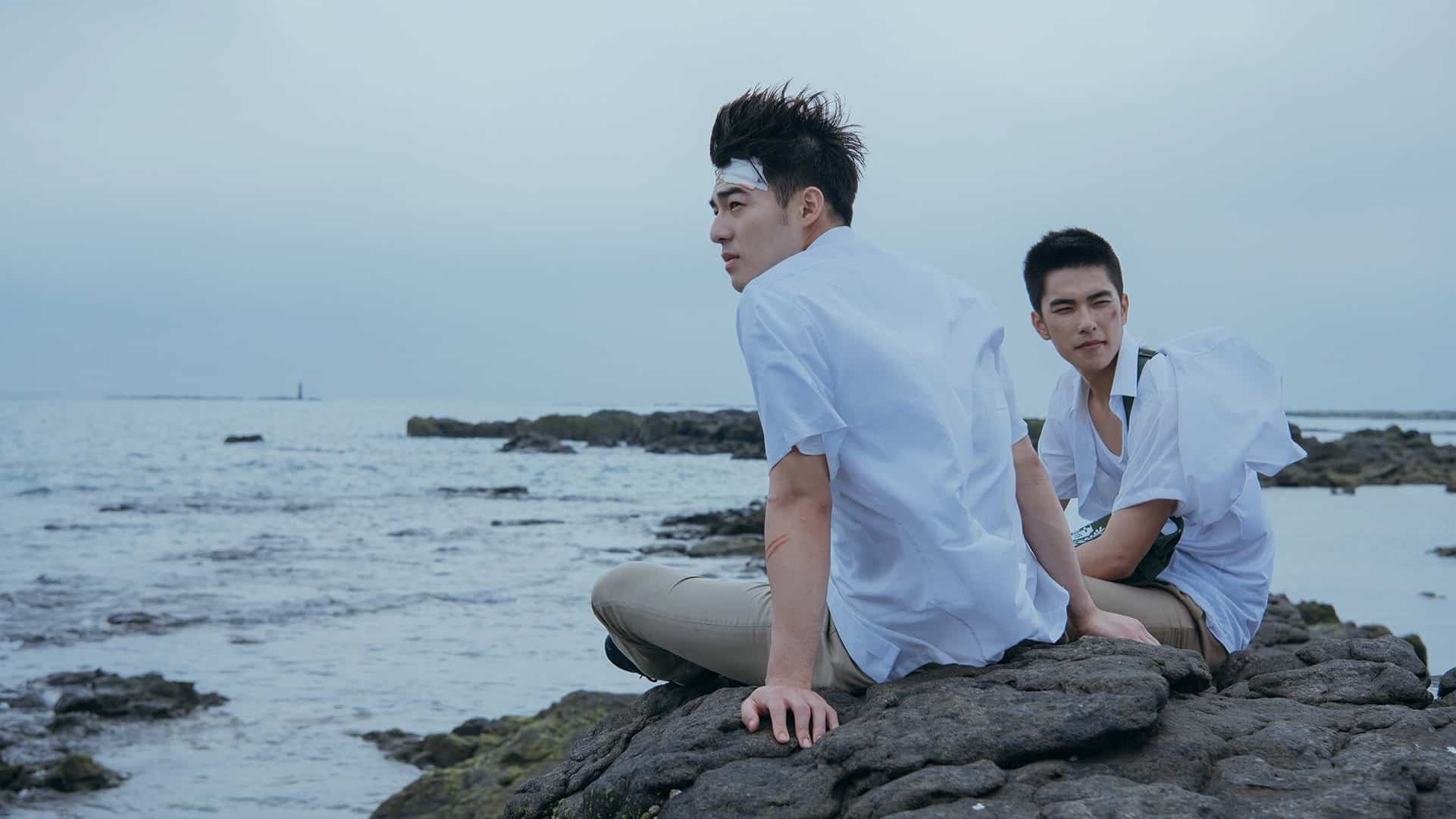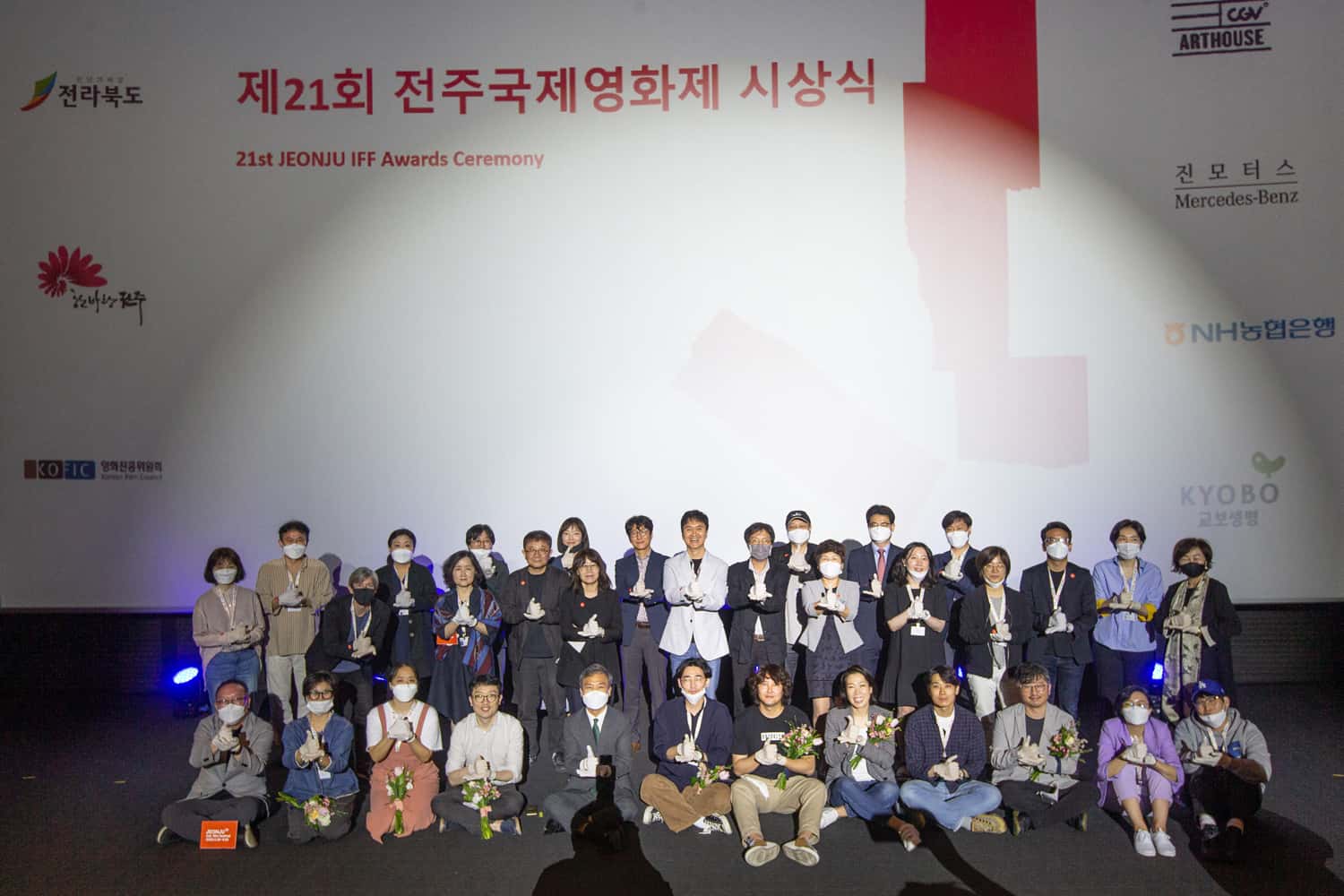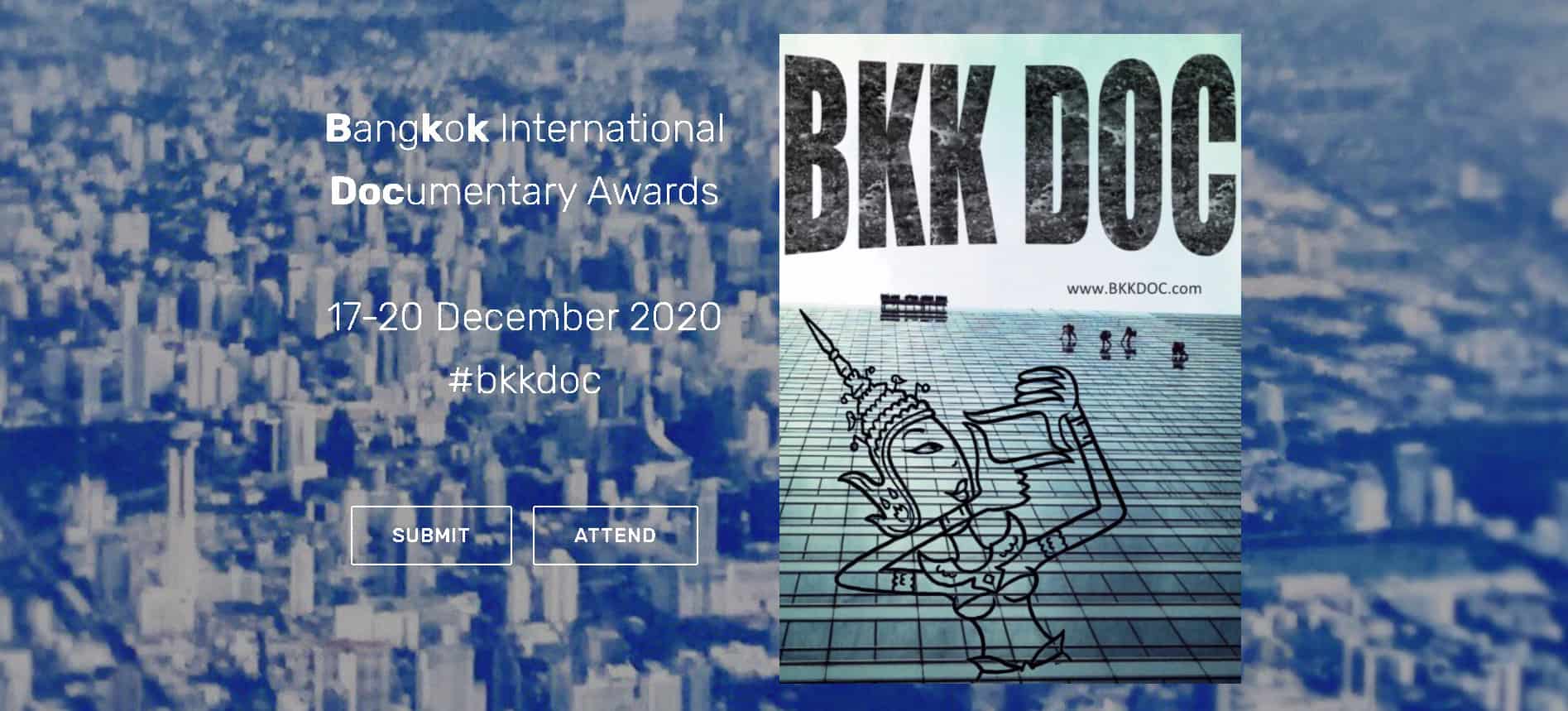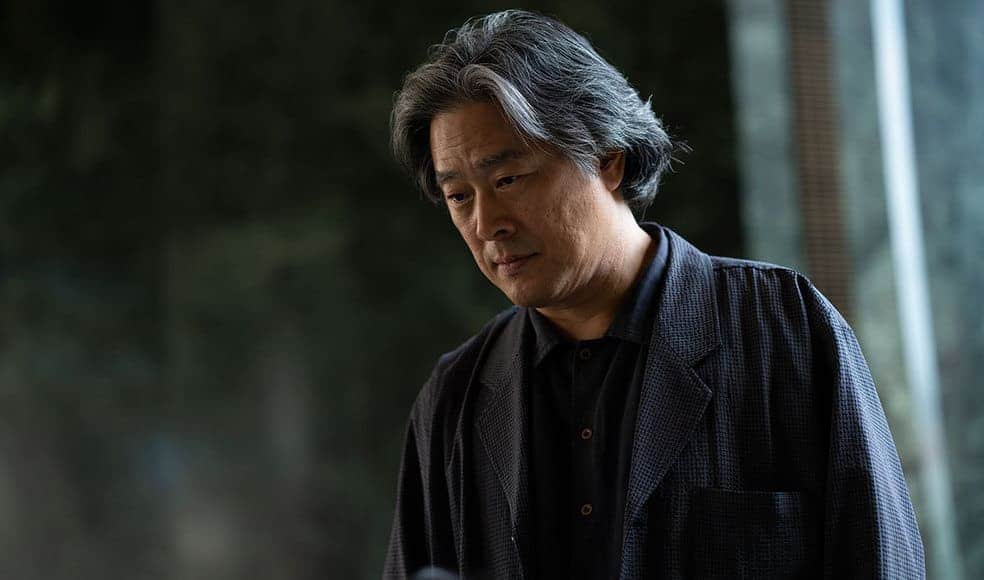Movies in Asian cinema are usually full of exciting action or artistic drama. One thing that has also always been essential, though not always noticed, in these films is the use of music and song. Music in films is a driving force for telling the story, for creating the feelings of nostalgia, elatement or suspense.
Certain songs sometimes strike us in an unexpected way, and we feel the effects from that song. They stick with us long after the movie is over, and you cannot imagine the film without the music. Here are some fantastic original songs from notable Asian films that if you haven’t heard them yet, be sure to give them a listen.
“Nada Sou Sou (Tears for you)” by Rimi Natsukawa
This theme song comes from the film Tears for You, and the theme song “Nada Sou Sou” literally means “Tears that cannot stop flowing.” It is a very familiar tune for Japanese moviegoers and considered one of Okinawa’s anthems. The lyrics draw you in, depicting memories of a brother, which in turn shows the movie’s premise of step-siblings with a consistent evolving relationship. It is also safe to say that when you watch the film, the probability of moments where you will cry is likely. It does its job of tugging at your heart strings.
“ZenZenZen-Se” by RADWIMPS
This film-turned-masterpiece entitled Your Name is an animation about fantasy and romance that goes across both time and space. The Japanese rock band RADWIMPS so expertly crafted the song “ZenZenZen-Se”, the wildly popular theme song that helps tell the innovative story of young love, friendship, and fate, with a light dose of body switching.This particular song from the soundtrack was used for multiple trailers to showcase the movie. The words translate to mean “Past Past Past Life.” It is no surprise that the movie ascended to its spot at the number one top-grossing anime. The song reached number one status in Japan and received a digital download certification from the Recording Industry Association of Japan for sales over 1 million.
“Those [Bygone] Years” by Misutoshi Kimura
This is a great school days romance film entitled You Are the Apple of My Eye. The memories, emotions and misgivings of our title character are delightfully captured within this song’s melody, filled with yearnings and wishes for those “good old days.” It stirs up feelings of nostalgia, and rightfully so, given its well-crafted title, emulating those moments in life that we wish we could go back to. This song was nominated for Best Original Film Song at the 48th Golden Horse Awards.
The appeal of having original music and songs within a film gives the movie its own uniqueness, separating it from any other movie out there. Though it can be easy to use songs that have already been popularized, it can be just as simple to utilize a music licensing library to locate something that has never been heard before. Another great benefit to licensing one’s own music for a film is that the song can be customized, just like this theme song, to fit perfectly within the narrative and give the audience a deeper connection to the film.
“Aal Izz Well (All Is Well)” by Shantanu Moitra
This Asian film is derived from infamous Bollywood culture. It is a comedy that deals with social statuses and competitiveness found within India’s education. Its focus lies with three best friends who are studying at the university, and how they handle themselves amidst tragedy and pitfalls. It demonstrates hope in the form of attempting to deal with shortcomings sporting a positive outlook, and this iconic song is the perfect mood booster to fit that message. It is performed by a group named 3 Idiots, and it embraces the idea of letting go, pasting on a smile when things don’t work out as they should and, as the lyrics say, “Let your lips roll / And whistle away the toll / Yell All is Well!”
“Yumeji’s Theme” by Shigeru Umebayashi
Normally you wouldn’t think that a film about an affair would have exceptional music, but this song entitled “Yumeji’s Theme” from In the Mood for Love became a backdrop for the characters themselves, portraying their feelings throughout the film. There are many emotions that stem from the beautiful violins – loneliness, longing, desire, even tension, is heard. The song artfully creates the force found within the two main characters, drawing upon their deep thoughts and speaks to the audience, showing what the characters won’t say out loud in a profound manner, and brings to light so much more than what is seen on the screen.
Filmmakers have long looked at developing ideas and creating scenes with the idea of music in mind, because you cannot have one without the other. Music has its own language that works well in tandem, because it dives deeper into the film’s message, developing the story in a way that the film or the music standing alone just cannot do.



